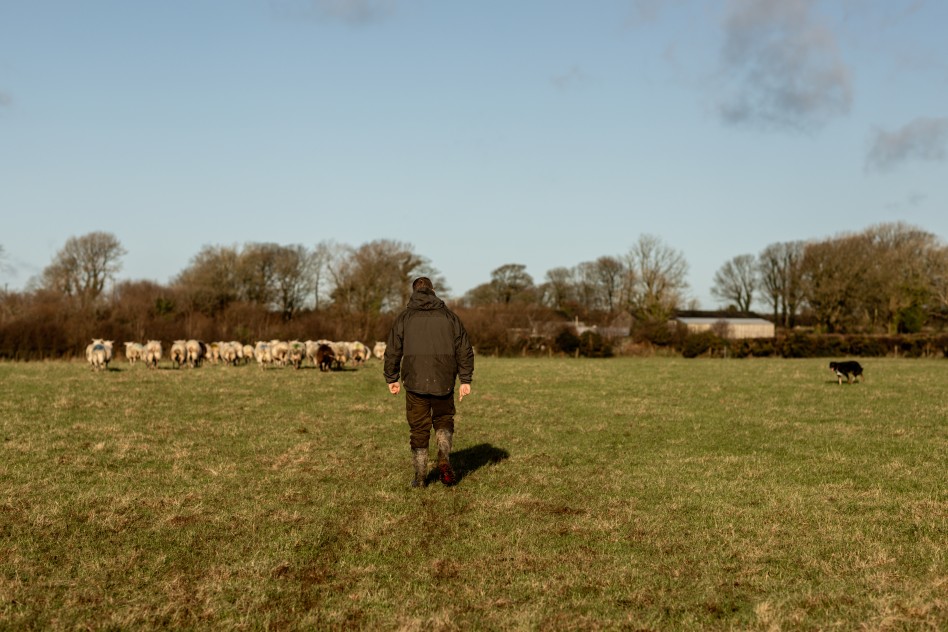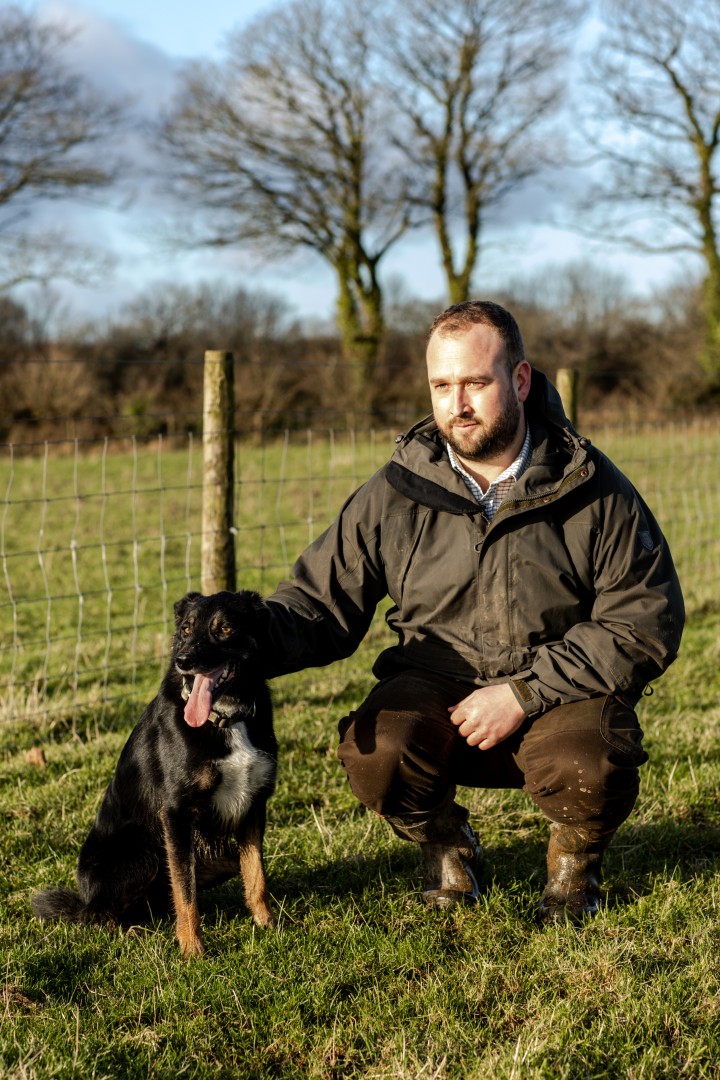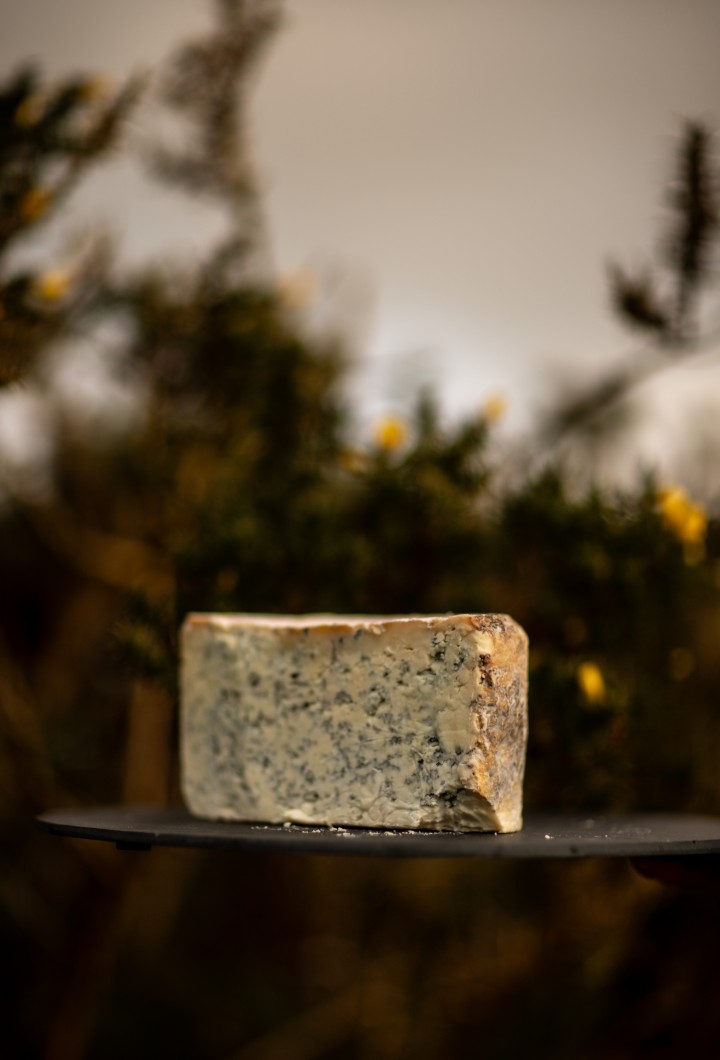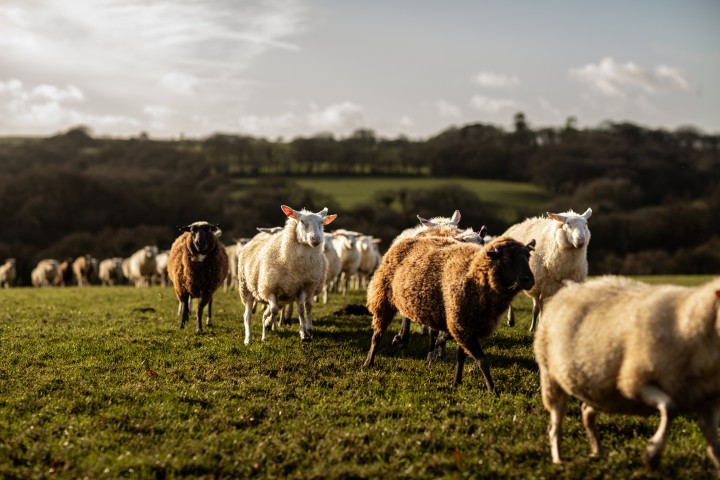Fferm Wernllwyd in Pembrokeshire is a small pasture-based micro dairy with a truly “ewenique” approach to high-quality, nature-friendly sheep rearing. It’s home to the Ewenique Dairy, where Bryn Perry raises 80 ewes for high-quality artisan milk-based products.
Bryn, who is originally from the Cotswolds, did jobs including running a ski school and working for a lawn care franchising firm in Canada before returning to the UK to work at Southampton’s harbour. There, he met his partner, and when visiting her home area in Pembrokeshire, they decided they wanted to abandon city life for this rural corner of West Wales.
He learned the farming ropes on a local organic dairy farm and, after a few years, went to a Business Bootcamp run by Farming Connect, which provides agricultural training in Wales. “I remember walking back in the door and saying to Becca, I don’t know how we’re going to do this, but in 12 months, we’re going to have a farm,” Bryn recalls. “I was mad, but I was convinced that by hook or by crook, we would have one.”





